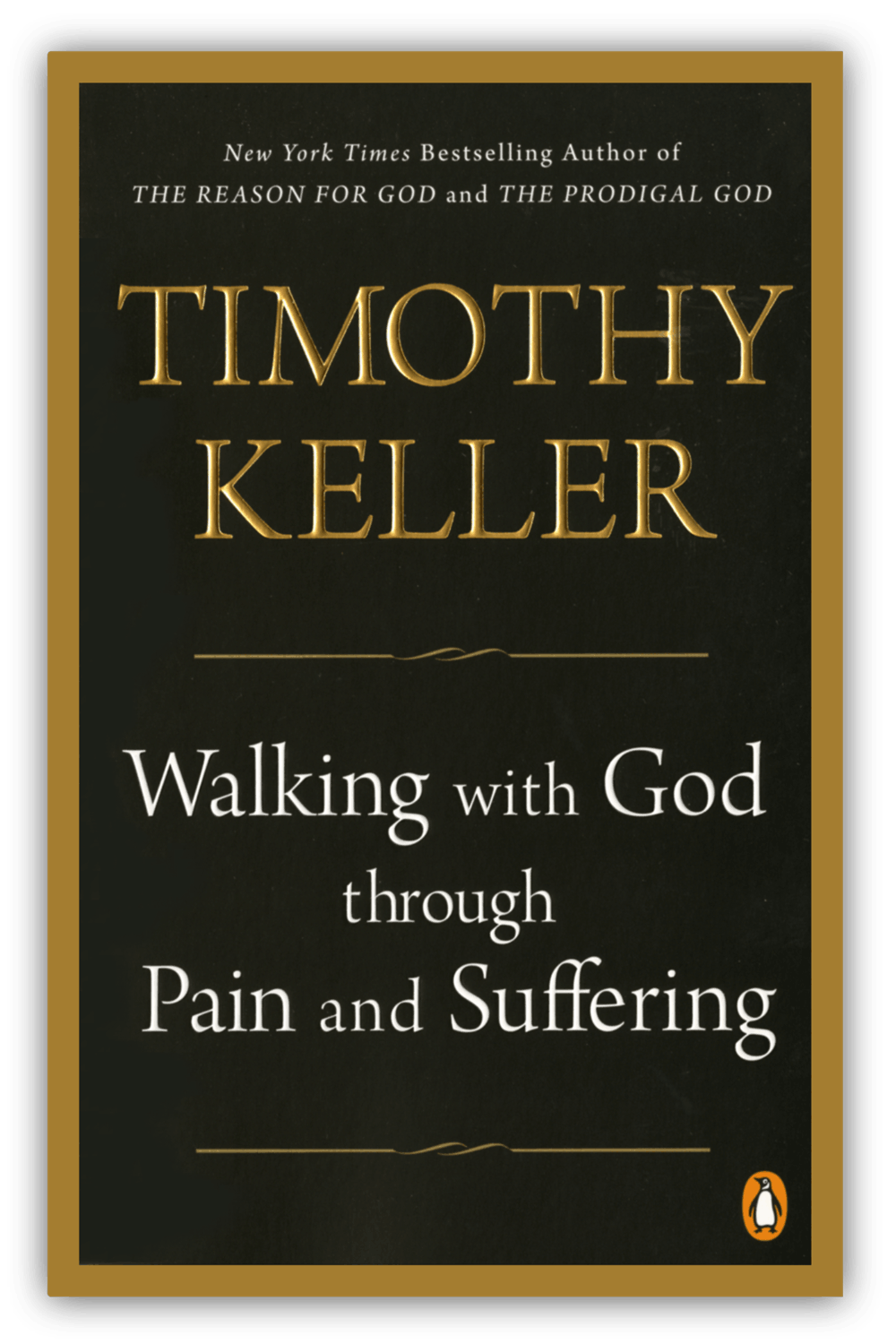“I’m planning my week around things like staircases now,” I explained to an inquiring friend. Parsing out my commute in predetermined steps and planning routes avoiding staircases has become routine for me this year; a stark contrast to my life just months prior.
In late 2019, I co-planted a church alongside my husband––just 4 short months before the pandemic descended upon NYC and we were forced to close our church doors. It took every ounce of energy, but we, like so many other churches, quickly pivoted to triage mode: gifting financial grants to those who lost jobs, organizing food drives for our food-insecure neighbors, rallying support for our neighborhood’s small businesses, delivering snacks to Mt. Sinai Hospital staff, providing holiday meals for dozens, gifting hundreds of toys to Covid-affected families, all while moving our teaching and preaching online and caring for a young daughter who contracted Covid and battled its effects for months. We were blessed to care for our neighbors, despite the numerous challenges throughout 2020, especially for an infant church plant. And in the quieter moments of 2020, I spent much of my time strategically charting our church’s course for 2021, believing smoother travels were ahead. Instead, 2021 would prove to be my most challenging yet.
An autoimmune disease that had been lying dormant surfaced early this year with life-changing force for me. Overnight my world completely shifted.
An autoimmune disease that had been lying dormant surfaced early this year with life-changing force for me. Overnight my world completely shifted.
Language like “flare up,” “pain scale,” and “chronic fatigue” have become commonplace in my daily conversations. I countdown to my rheumatologist visits, pore over my frequent blood panels, and a small army of supplement and pill bottles now live on my desk. On really rough days, I hear Job’s words narrate my experience: “The churning inside me never stops; days of suffering confront me” (Job 30:27).

Just last year, I spent the summer months alongside my husband and a slew of volunteers renovating our ministry hub in East Harlem, putting in weeks of 16-hour labor-intensive days without a second thought. That now feels like a distant memory. No longer am I walking 5-7 miles in a day, as I have over the last decade and a half of New York living, mindlessly adding scenic detours through the park or cafe stops for pleasure. Now I economically plan my commutes with much forethought, concerned about sidewalks and long staircases, keeping my routes utilitarian and task-focused.
My new body feels alien to me. Some days my new rhythms seem insane. And sometimes the gravity of it all leads me to weep at my desk.
I recognize I am only about a year into this suffering journey––a drop in the bucket compared to so many others––and though I am certain of my naivety concerning longsuffering, I am also trying to prepare myself for the road ahead by looking to Jesus, “a man of suffering…familiar with pain” (Isaiah 53:3).
I think of two ways Jesus approached suffering:
“Jesus Wept.” (John 11:35)
The shortest verse in Scripture is also one of the most important for shaping our own approach toward suffering. At learning the news of Lazarus’ death, Jesus sobs. Lazarus’ death wasn’t a surprise to Jesus, and in fact, a few verses later Jesus famously raises Lazarus to life. However, it remains that Jesus, when faced with profound loss, wept. Similarly, we know our bodies will degrade, that death looms, and losses are inevitable, yet we weep. Jesus models for us that weeping is the proper response to the losses we experience in this world.
Jesus prayed.
Throughout the gospels, we find dozens of references to Jesus spending time in prayer. Before Jesus would suffer the immense brutality of the cross, he prayed in the garden three times after telling some of his disciples, “My soul is overwhelmed with sorrow..” (Matthew 26:38). If Jesus, when feeling overwhelmed while facing suffering prays, prays, and prays some more, we know this is a right response for our own suffering as well.
Jesus models for us that weeping is the proper response to the losses we experience in this world.
Here are some of the ways I have been praying through my days:
Lord, remind me that even in my losses, your goodness and mercy are ever present. David’s language in Psalm 23 has always struck me, “Surely goodness and mercy shall follow me all the days of my life.” On tough days, I close teary eyes in prayer and focus on the word “all” asking God to remind me his goodness and mercy are not just reserved for mountaintop days.

Lord, would you make it so this suffering refines me? Oswald Chambers wrote, “Sorrow burns up a great amount of shallowness.” When I pair that thought with Paul’s words in Romans 5:3-4 “..we also glory in our sufferings, because…suffering produces perseverance; perseverance, character; and character, hope” I find myself in prayer that God might make these true of me, for my good and God’s glory.
Lord, help me believe this is where you want me. I try to believe that if God had a better station for me today, I’d be there instead, and in God’s sovereignty, I’m exactly where he wants me. I am not content here presently. But I pray God helps my unbelief.
Lord, give me opportunities to care for others through this experience. 2 Corinthians 1:3-4 tells us God comforts us in our troubles “so that we can comfort (others).” I have been so blessed to be comforted by spiritual mothers and sisters who have walked this road before me and I trust the day will come when it will be my turn to care for those who experience this after me.
Lord, keep me grieving as one with hope. One way we experience hope is believing the “best is yet to come.” Scripture is bursting with this narrative. Verses like Romans 8:18, Romans 8:23, and 2 Corinthians 4:17 remind me that my chronic pain doesn’t get the final word.
Since Scripture is clear that “the wages of sin is death” (Romans 6:23), suffering and death should be the end of me, since Romans 3:12 teaches “none have done good” and therefore, none are deserving of life. But in his mercy, Christ intervened on my behalf (2 Corinthians 5:21). Christ’s incarnation, perfect life, substitutionary death, and resurrection mean I can have hope that my suffering is temporary. Because of Jesus, the day will come when God will wipe away my last tears as mourning and pain are vanquished (Revelation 21:4). Because of Jesus, God is making all things new––even me. Nineteenth century pastor Charles Spurgeon said, “In heaven, we shall see we had not one trial too many.” Help me believe this earthside too, Lord.




